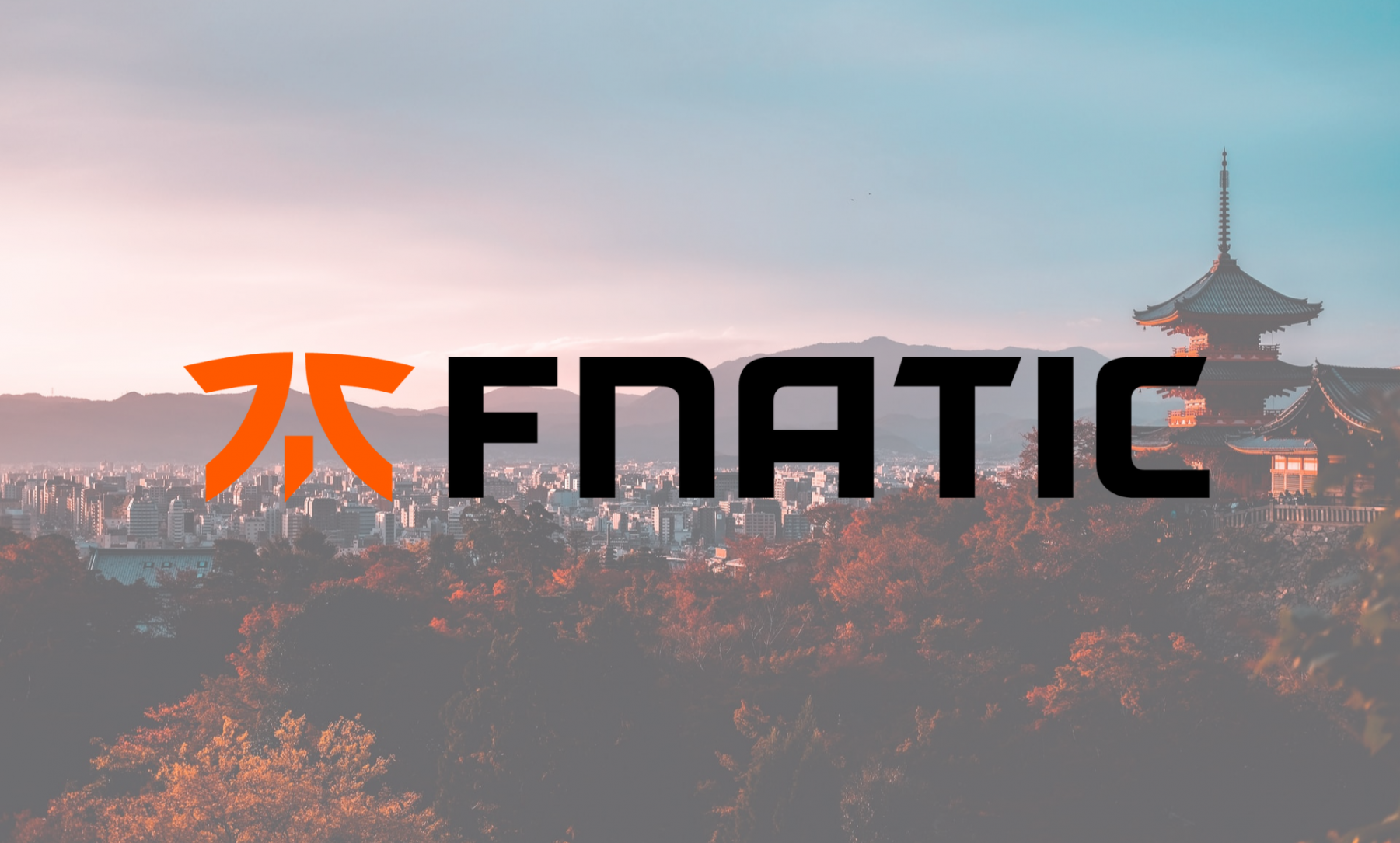
Gaming is an integral part of Japanese culture, with some of the biggest studios and well-loved franchises originating from the country. From Super Mario to Street Fighter, Japan is home to generation-defining games.
When it comes to esports, the fighting game community (FGC) in Japan is like no other. Some of the most iconic esports moments of all time have been created by Japanese players, and the country is increasingly posing stiffer competition to major nations like China and the US.
Apex Legends’ popularity in the country inspired TSM to expand to Japan last year, and other organisations, including Tier One, are also taking note of the country’s potential. Japanese organisations like SCARZ and ZETA Division have let their success do the talking and have made Japan’s presence felt on the global stage.
Fnatic has become one of the latest organisations to invest in Japan’s esports scene after acquiring a Rainbow Six Siege team, which is set to compete in Rainbow Six’s Japan League 2022.
In an interview with Esports Insider, Daniel Cao, Head of Operations for Fnatic Asia, broke down why the organisation wants to expand into the unique Japanese market. He said that awareness of esports has grown rapidly in Japan over the past few years, and market growth has reflected that.
“Japan has a long history of gaming, especially in the fighting game world,” Cao explained. “Combined with Tokyo’s famous street culture, it is the ideal place to collaborate with talented designers and artists to create crossover products that will appeal to esports fans worldwide.”
Japan’s geographical location is also ideal because it is close to other countries that are deeply invested in esports, including China, South Korea, and the Philippines, making events and bootcamps ideal. Japanese esports viewership is slated to rise 281 percent from 2018 to 2024, per Statista — untapped potential that Fnatic says it wants to tap into.
Cao claimed Japan’s esports industry will increase in value by 250 percent between 2019 and 2023. In its funding round announcement, Fnatic said more than 6.9 million people attended esports events in Japan in 2020, up 42 percent from the previous year.

RELATED: Japanese government devises plan for esports expansion
Sieging a region
The Asia-Pacific region is slowly becoming one of the most competitive scenes in esports title Rainbow Six Siege. While Brazil and the US still dominate participation, teams from Japan and Thailand made it to Six Invitational 2022.
“The APAC region has become much more competitive in recent years, as seen in the excellent performance of APAC teams at the most recent world championship, the Six Invitational 2022,” Cao said. “There are many talented players in Japan, and with Fnatic’s management and high-performance support, I think we can build a team that can compete on the world stage.”
However, Rainbow Six Siege is just a stepping stone for Fnatic; the organisation is using Siege as a vehicle to enter a market it has much bigger plans for.
The timing of Fnatic’s regional expansion is no coincidence. In May 2021, Fnatic announced a $17m (~£13.5m) funding round led by one of the largest conglomerates in Japan, the Marubeni Corporation (‘Marubeni’). The investment incorporated a strategic partnership to support Fnatic’s expansion into the Japanese esports sector, and the Asia-Pacific market more broadly.
Cao said Fnatic’s expansion has started off on the right foot. “[We’ve] grown over 400 percent already across our Fnatic Japanese social accounts, and there will be more growth to come this year from Japan-based creator signings and our Network streaming roster,” he claimed.
Marubeni’s investment in Fnatic builds upon twelve months of growth for the UK-headquartered esports organisation, including an 80 percent year-on-year increase in revenues in 2021. Despite COVID’s dent into Fnatic’s expansion plans, the organisation set up an office in Tokyo, and its online expansion into the market is well underway.
RELATED: Tier One Entertainment takes on Japan
Fnatic is currently focused on the PC market in Japan. The country has always been biased toward console gaming — and for good reason. Two of the biggest console manufacturers, Nintendo and Sony, are based in Japan, together responsible for some of the biggest gaming and esports titles to date.
But there has been a culture shift towards PC gaming in recent years, and the popularity of esports titles like Rainbow Six Siege and Apex Legends is strengthening the PC market. More and more Japanese gamers are beginning to use PC’s as their primary entertainment system, Cao said — before sharing that Fnatic is keeping an eye on mobile esports trends in the region, too.
It is this cultural shift that Fnatic is aiming to take advantage of. The long-term goal for Fnatic is to create a “nation of over one billion Fnatic fans,” Cao said, an ambitious plan but proof of the opportunity Fnatic sees in the burgeoning market.
“We would like to build meaningful partnerships with Japanese companies by utilising our global strengths and experience as one of the world’s leading esports brands,” Cao concluded.
As it sets its sights on ambitious APAC expansions in 2022, only time will tell whether Fnatic can make it big in Japan.